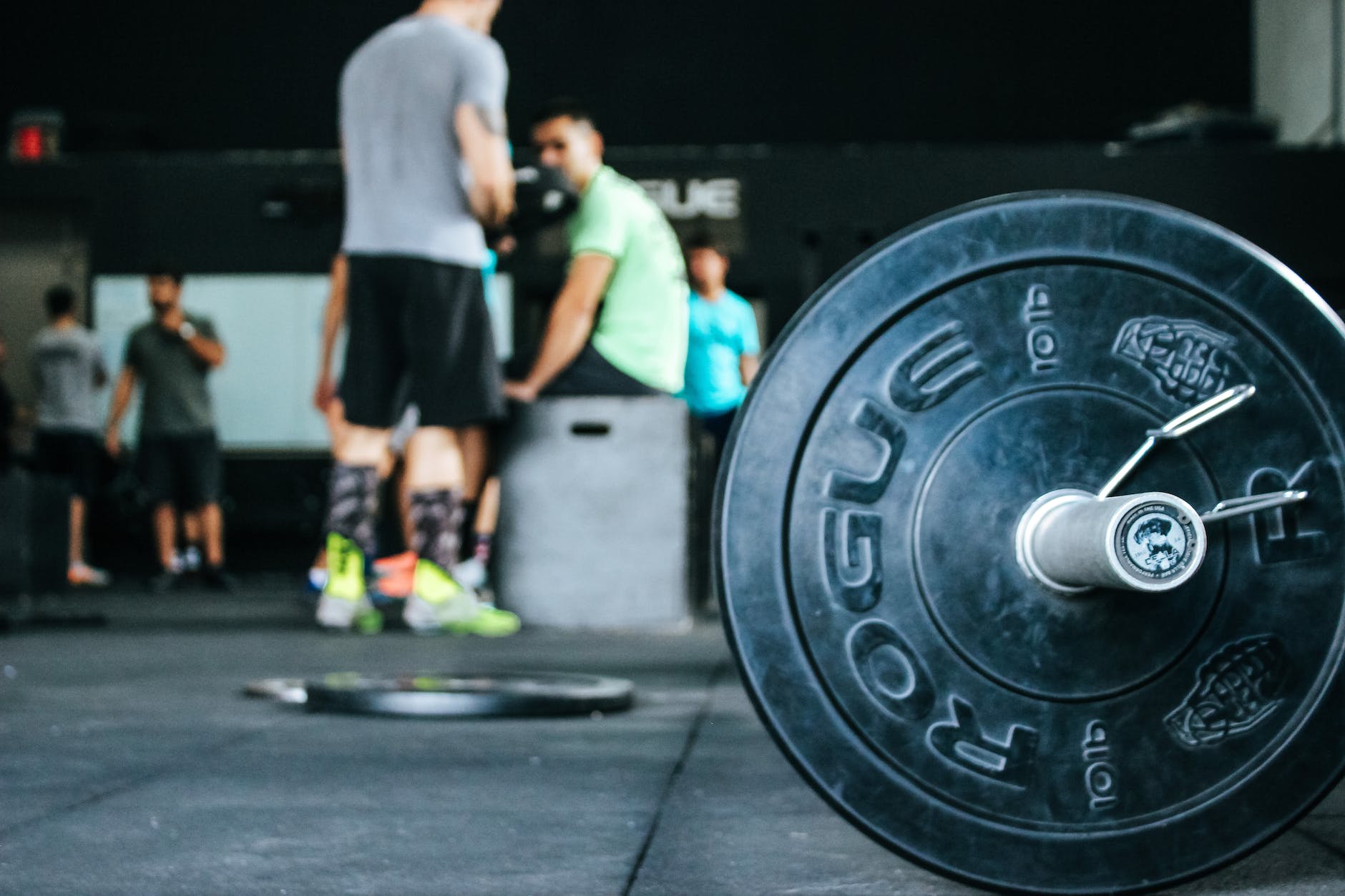If you’re a beginner or someone facing a muscle-building plateau, this article will guide you through the science-backed principles of muscle growth. We’ll explore the factors that influence muscle building and provide practical advice to help you achieve your goals.
Understanding Muscle Growth:
Muscle growth occurs through three main processes: increasing muscle cell numbers, enlarging muscle fiber diameter, and lengthening muscle fibers. When you work out, you create microtears in your muscles, which then heal and adapt, resulting in muscle growth. This adaptation is crucial for future strength and performance gains.
Lifting for Muscle Hypertrophy:
To stimulate muscle growth effectively, it’s important to lift weights in a specific way. While heavy lifting with low reps primarily focuses on strength gains, hypertrophy training requires lifting moderate to high loads for a moderate number of repetitions. Training with loads ranging from 60% to 80% of your one-repetition maximum (1RM) and leaving 3-4 reps in reserve is optimal for hypertrophy.
The Importance of Volume:
To maximize muscle growth, you need to incorporate high training volume. Studies show that higher resistance training volume (28-30 sets per muscle group per week) leads to greater hypertrophy compared to lower volume (6-10 sets per muscle group per week). Implementing moderate repetition ranges (6-12 reps), multiple sets (3-6 sets), moderate loads (60-80% 1RM), and shorter rest intervals (around 60-120 seconds) between sets can induce metabolic stress, a potent stimulus for muscle hypertrophy.
Diet and Protein Intake:
While there are various diet approaches, focusing on calories in versus calories out and ensuring adequate macronutrient intake is crucial for muscle growth. Consuming a calorie surplus is necessary to build muscle effectively. It is recommended to be in a 200-300 calorie surplus as to avoid excess weight gain. Protein intake is especially important, as it affects muscle protein synthesis (MPS) and muscle protein breakdown (MPB). To optimize muscle growth, consume high-quality protein immediately after a workout. Meat items, casein protein, and whey protein are considered high-quality sources. Avoid low-quality sources like wheat and soy protein.
Sleep for Muscle Growth:
Adequate sleep is vital for muscle growth and recovery. Lack of sleep can reduce testosterone levels, hindering muscle-building efforts. Prioritizing good sleep hygiene is crucial. Consuming 20g of high-quality protein, such as casein protein, before sleep can improve muscle protein synthesis during the overnight fasting period.
Conclusion:
Building muscle is a multifaceted process influenced by several factors. This article has provided a comprehensive guide to help you understand the science behind muscle growth. Consider your age, sex, and individual circumstances when designing your muscle-building plan. Remember to conduct your own research and stay informed on fitness and sports goals by subscribing to our newsletter. If you want to learn about building strength, then read this article.
Follow our instagram page for impactful workouts that will transform you.


One thought on “Muscle Building Secrets: Unlock Your Full Potential”
Very shortly this web site will be famous among all blogging and site-building
visitors, due to it’s fastidious content